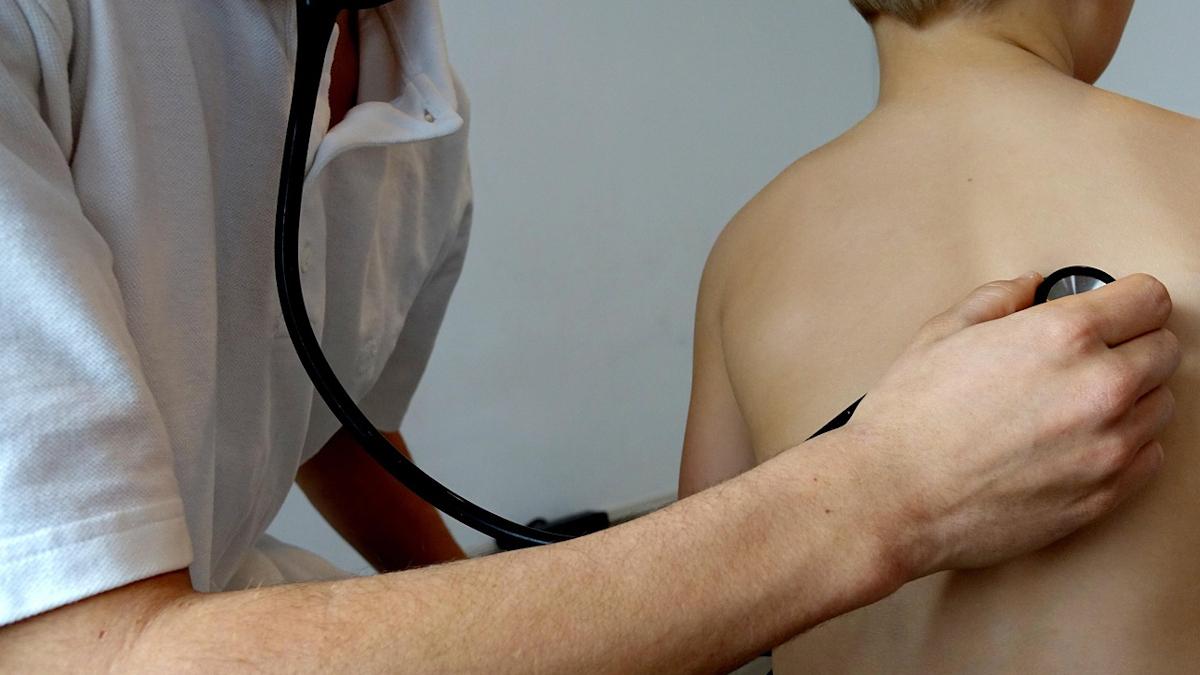Granite Bio makes $100m debut, and other bio financings

Swiss start-up Granite Bio has carved out $100 million in a pair of financings for its pipeline of potentially first-in-class antibodies for autoimmune diseases.
The Basel-based company has one antibody already in clinical trials and another due to start human testing next year, both of which originated from the lab of University of Regensburg's Professor Matthias Mack, one of its co-founders.
The $100 million total consists of a $30 million Series A led by founding investors Versant Ventures and Novartis Venture Fund, and a $70 million Series B led by Forbion and Sanofi Ventures. Versant company Ridgeline Discovery Engine – also based in Basel – has worked with Granite on developing the two antibodies.
GRT-001 works via an undisclosed mechanism to deplete monocytes, white blood cells that are key drivers of autoimmunity and inflammation, and is currently in phase 1a testing in healthy volunteers, with a phase 1b trial in patients with inflammatory bowel disease (IBD) due to start later this year.
Following after is GRT-002, an inhibitor of IL-3, which Granite says is a key player in autoimmune inflammation and type 2 inflammation and could offer a new approach to treating itch and allergy. The antibody is currently in preclinical development and slated to enter clinical trials in 2026.
Other recent funding rounds
Pivoting to the medtech sector for a moment, San Diego, US-based Biolinq added to its cash reserves with a $100 million Series C led by Alpha Wave Ventures as it prepares to file for approval of a wearable biosensor that can measure glucose levels continuously just beneath the skin's surface.
The device – billed as the first autonomous intradermal glucose sensor – also monitors activity and sleep information and provides users with real-time feedback if their blood glucose levels stray out of recommended ranges.
The financing also saw participation from existing investors RiverVest Venture Partners, AXA IM Alts, LifeSci Venture Partners, M Ventures, Hikma Ventures, Aphelion Capital, Taisho Pharmaceutical, and Features Capital.
Flagship Pioneering-backed company Etiome has launched with $50 million in seed funding for its artificial intelligence-powered platform – called Temporal Biodynamics – that is designed to map the progression of diseases and find ways to interrupt that process at its earliest stages.
The Cambridge, Massachusetts company, which is focusing its initial efforts on metabolic, neurodegenerative, pre-cancerous, and autoimmune disease, intends to develop 'biostaged' medicines, including pre-emptive drugs that it hopes will pick up a disease signal in the earliest stages and prevent it from getting established.
It has emerged from Flagship's recently launched Preemptive Health and Medicine Initiative, which has the objective to protect, maintain, or improve people's health before they get sick and also includes viral disease specialist Apriori Bio, cancer assay developer Harbinger Health, and YourBio Health, which is pioneering a new blood collection device.
Northwestern University spinout Grove Biopharma, a synthetic biology specialist developing a platform known as Bionic Biologics, has raised $30 million in Series A financing that will help it advance a castration-resistant prostate cancer (CRPC) candidate into clinical testing.
The Chicago-based biotech said it is developing medicines for patients with cancer, neurodegenerative diseases, and rare disorders that are designed to disrupt or degrade previously intractable intracellular targets by blocking protein-protein interactions. Its platform draws on precision polymer chemistry, medicinal, peptide, and artificial intelligence-driven computational chemistry, and protein engineering.
The round was led by DCVC Bio and included Eli Lilly, InVivium Capital, Walder Ventures, and Portal Innovations, the Chicago-based incubator where Grove Bio was incubated.
Finally this week, San Francisco's Synthetic Design Lab – led by renowned cancer immunotherapy scientist and Genentech alumnus Daniel Chen – has emerged from stealth with $20 million in seed financing that will support the development of its take on antibody-drug conjugates (ADCs).
The company's Synthbody platform aims to improve on the payload delivery of current ADC therapies up to tenfold, potentially improving upon their efficacy, safety, and overall versatility. It has said it intends to advance its first candidate into clinical trials next year.
The start-up is backed by multiple investors, including Playground Global and Godfrey Capital.












